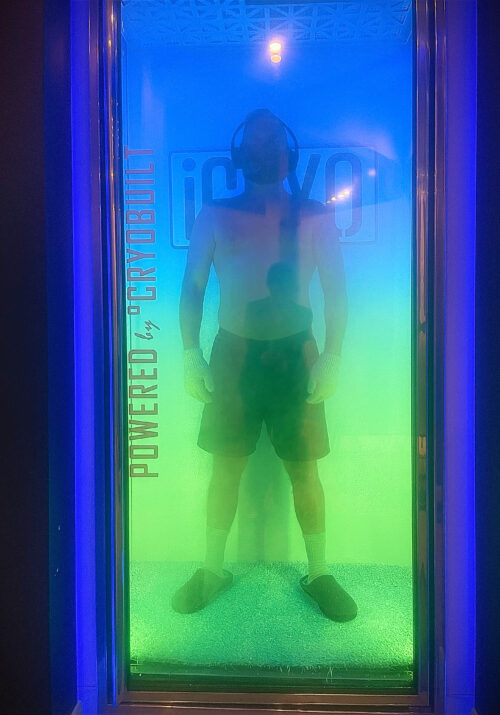Looking back, I see how the events of 9/11 shaped my career and our generation’s work culture. For many of us in Generation X, 9/11 didn’t just change the world—it changed how we worked. We didn’t even realize it at the time. Job security seemed to vanish overnight. Many of us responded by working harder and longer, always being “on” to protect our roles. We believed that being indispensable meant being safe. But, in hindsight, this was the beginning of a burnout culture. A culture that still affects us today.
Then came the financial crisis of 2008. It was another shock to our already fragile work lives. It wasn’t just about surviving the recession; it was about proving we could handle anything. Companies responded with massive layoffs and cost-cutting. They demanded more output from fewer people. I remember feeling intense pressure to perform and to be visible. I felt I had to make myself invaluable, believing any mistake could end my career. The message was clear: overwork meant dedication, and exhaustion became a badge of honor. This led to widespread burnout.
By the time COVID-19 hit, the cracks in our work culture were too deep to ignore. Remote work blurred the lines between personal life and professional duties. The stress of a global pandemic pushed many of us to our breaking points. The conversation around burnout became unavoidable. Companies scrambled to offer solutions like flexible work hours and mental health days. But these felt like band-aids on a much deeper wound.
Now, with AI on the rise and millions of jobs at risk, a new kind of uncertainty looms. After years of crisis-driven overwork, we need to rethink our approach to work. It’s more important than ever to prioritize well-being to prevent burnout. We can’t afford another decade of pushing ourselves to the limit.
Our generation has been shaped by crisis after crisis. Each demanded more from us than the last. But now, I wonder: What’s the real cost of all this? Can we find a new way forward that values health and happiness as much as productivity? Can we avoid burnout in the future?
For more on how these crises have reshaped the workplace and what’s next, read this piece from Harvard Business Review on workplace burnout and this analysis from Forbes on the future of work. Understanding burnout is crucial as we navigate these changes.

